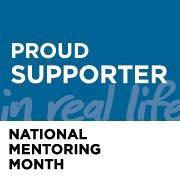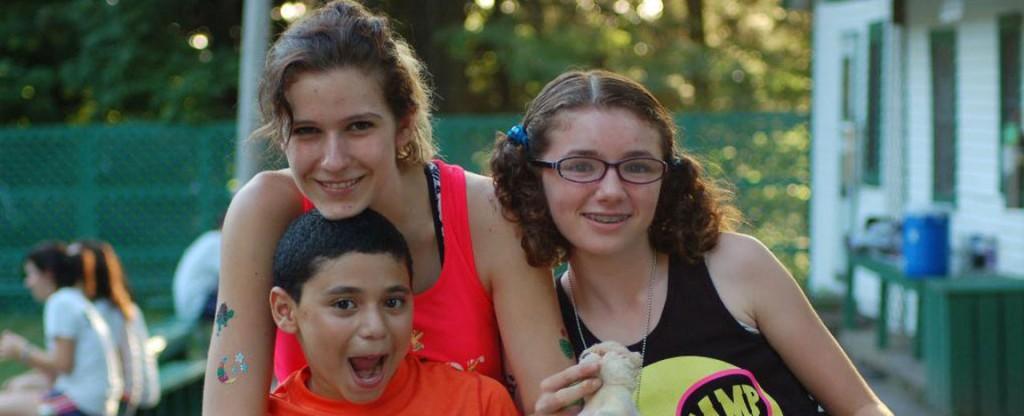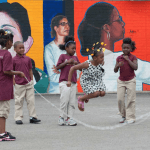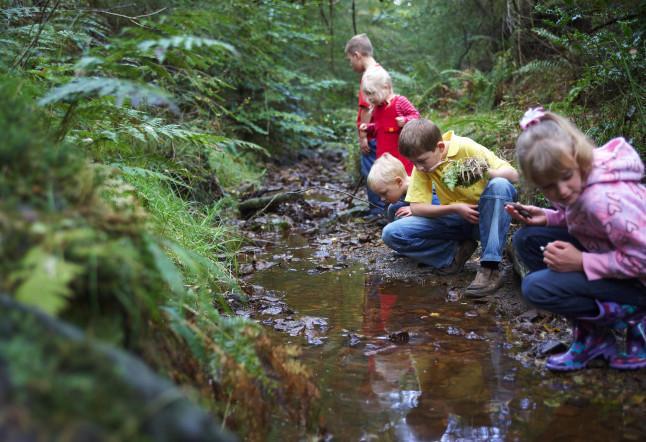
While traditional definitions of “at-risk youth” focus on the socioeconomically under-served, others seem to point to a broader perspective. At-risk.org, a resource for parents and other adults, states, “Today’s youth face more serious and critical risks than any previous generation”. ALL young people (and in particular teenagers) are susceptible to stress, and coupled with a lack of grit and resiliency skills needed to successfully navigate their world’s today, are at risk to succumb. (According to the U.S. Substance Abuse and Mental Health Services Administration (SAMHSA) almost 21% of children and young adults have a mental health or substance use disorder, many of those go undiagnosed and untreated.)
A fundamental truth behind prevention, identification, and reduction of negative risk behaviors among young people is that the relationships they have with peers, parents, and other caring adults are particularly effective. Support, empowerment, boundaries and expectations, constructive use of time, achievement motivation, positive values, social competencies, and positive identity have been identified as developmental assets. Significantly these are all fundamental constructs of the camp experience.
Young people are known to be positively motivated by relationships with adults (including parents, teachers, mentors and camp counselors) when five components define their interactions.
1. Expressing care
2. Challenging growth and continual improvement
3. Providing support
4. Sharing power in decisions
5. Expanding possibilities and connecting to opportunities
Caring relationships are key to communicating confidence in a young person’s ability to bounce back from adversity. That ability, also known as “grit,” is a hallmark of resiliency and transcends into young adulthood (and likely beyond) and can be measured. University of Pennsylvania psychologist Angela Duckworth and her team found that grit significantly contributed to successful outcomes.
The Resilience Project (an educational intervention to promote psychological resilience in university students) was set up in 2014 to test a unique resilience training curriculum that, if used in the camp setting, could help campers by:
1. Leverage the power of expectations
2. Resist discouragement
3. Use the power of habit to achieve individual goals
4. Self-modulate in the face of adverse events
5. Learn to accept unpleasant feelings/ outcomes and to move beyond losses
6. Express gratitude for personal gifts and opportunities
7. Define one’s mission in life
The CARE National Advisory Board (a national collaborative of institutions and organizations committed to increasing positive youth outcomes and reducing negative risk behaviors) noted that “Skills such as these go a long way toward helping a young person grow, mature, accept responsibility, and move on to the next stage in life, such as transitioning from high school to a demanding yet fulfilling college life and beyond.”
This short-term research shows that the resilience training achieves reductions in anxiety and depression among youth of 60% and 35%, respectively, these actions just might be considered seven survival skills to be learned from participating in a high quality, intentional summer camp program.
Thoughts on Learning Resilience at Camp from Madeline McArdle, student member of the CARE National Advisory Board, camper and junior counselor:
1. Leveraging Expectations – Having older campers and counselors as mentors was incredibly helpful, because I knew they understood exactly what I was going through when trying to balance all of my different responsibilities. I remember always feeling able to approach them when I needed advice, if I wanted to hear their experiences with a certain activity or project, or learn how much I could realistically accomplish during the summer. Additionally, as I grew older and moved through our teen leadership program, I greatly enjoyed being on the other side, where I was the older role model to whom campers and junior counselors came for advice.
2. Willpower – While camp fosters independence and self-discipline, it does so by administering a lot of rules that can have many adverse consequences if broken. It’s much easier to avoid punishment for breaking a rule by not letting yourself be in a situation that could lead to it. It’s harder to be the person who has to say, “Hey, this is against the rules.”
3. Self-Explanatory Style – Learn your own style of explaining unfavorable events and how the stories we tell ourselves affect resilience and opportunities for success. Although many of my peers and I had the same responsibilities and requirements, we also experienced completely different summers. We were affected by different things, developed different relationships with others, and had different home lives. This disparity meant that although I might find sympathy and comfort in talking to them about what was getting me down, I also needed to learn how to be self-reliant after something went wrong. Camp was the best place for this to happen to me, because I knew I had so many people I could lean on if I needed extra support. It was also a place where I felt strong enough to be my own support system.
4. Acceptance – Learn to accept unpleasant feelings associated with unmet goals or experiences without becoming paralyzed or giving up. For me, camp was an incredibly supportive place that allowed me to recognize when I did not succeed in pursuing a goal, because there were opportunities to consider what I could do next time to succeed. The people I was surrounded by at camp never dwelled on the failure. Instead, they helped me look forward to other opportunities to achieve goals.
5. Letting Go – Learn how to get past losses. A key phrase that my friends and I used frequently was, “You can’t win them all.” While it seems a little hokey, it’s a completely valid motto to keep in mind. It allows campers to realize that, while they should always challenge themselves and go after ambitious opportunities, it’s incredibly important to be able to shrug off disappointment when they do not achieve as much as they had hoped to. Having friends who supported me at camp even when I failed helped me feel more comfortable with myself and even more confident in my abilities, because I was never afraid to keep trying.
6. Gratitude – Learn to be grateful for gifts and opportunities by imagining losing things you often take for granted. There are kids at camp from all over the world, often with diverse backgrounds and value systems. Because I met campers with lives and values different from mine, this diversity helped me to recognize things I took for granted in my life and never gave a second thought to. Additionally, camp teaches kids to place a higher significance on less-materialistic things, such as friendship or a handmade bracelet instead of a computer or fancy clothes, because these are deeper.
7. Finding Your Mission – Develop a personal mission statement for your life and use it to stay strong, focused, and smart about decisions you make while moving toward your future. At camp, I was able to learn about myself in ways that other environments didn’t allow. School is tough because while adolescents are in their schooling years, they are going through big developments while also focusing on their schoolwork and doing well. In contrast, camp allows you to really concentrate on yourself and what you love. It’s a place where campers get to make a lot of their own decisions, such as what they want to concentrate on and what they want to spend their free time doing. At camp, there isn’t the pressure to always be doing homework or getting ahead for the next class. Rather, you’re able to really focus on learning what you love to do and then doing it! Then that becomes your mission.
REFERENCES
Stephen Gray Wallace (2015) http://www.acacamps.org/resource-library/articles/sos-youth-risk-seven-survival-skills-summer-camp
At-Risk.org. (2014, January 31). Who is at-risk? Retrieved from http://at-risk.org/who-is-at-risk
Duckworth, A.L., Peterson, C., Matthews, M.D., and D.R. Kelly. (2007). 12-item grit scale. School of Arts and Sciences. University of Pennsylvania.
Search Institute Connect. Retrieved from www.search-institute.org/blog/interventionis- a-relationship Search Institute. (2006). 40 developmental assets for adolescents (ages 12–18). Retrieved from www.search-institute.org/research/ developmental-assets
The Resilience Project. (2014). Health promotion and wellness. The University of Chicago. Retrieved from https://wellness.uchicago.edu/ page/resilience-project-0
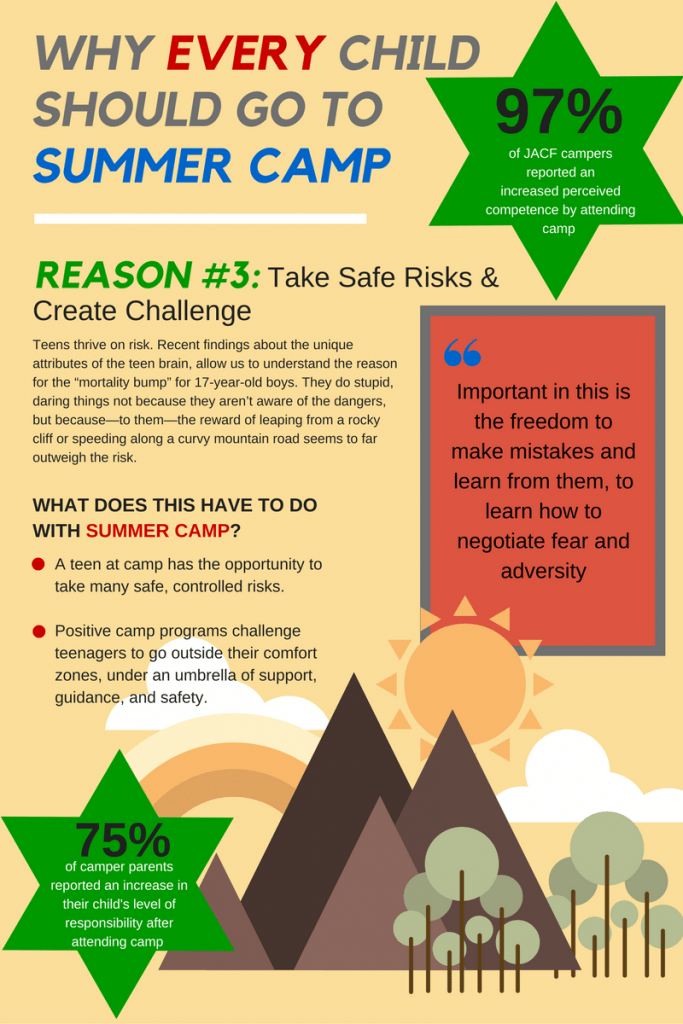 References:
References:
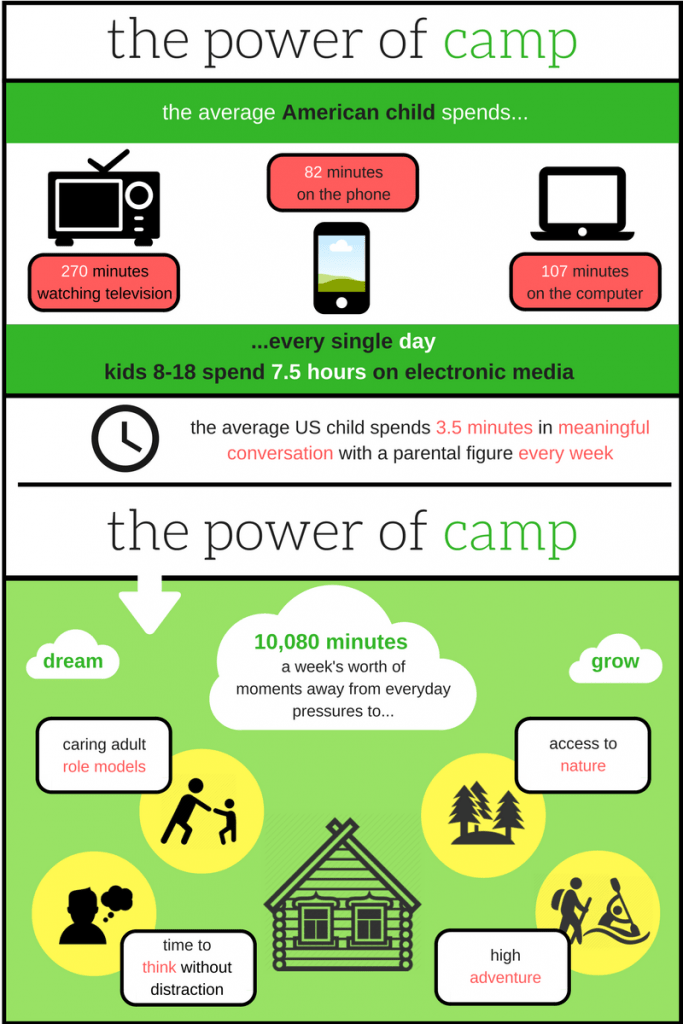


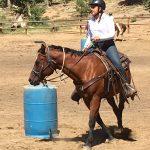







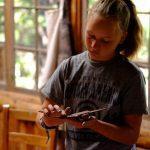







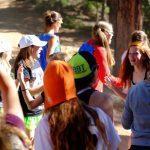




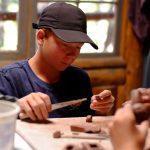




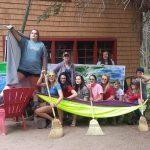

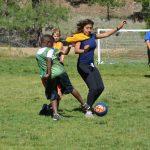




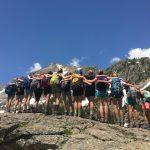
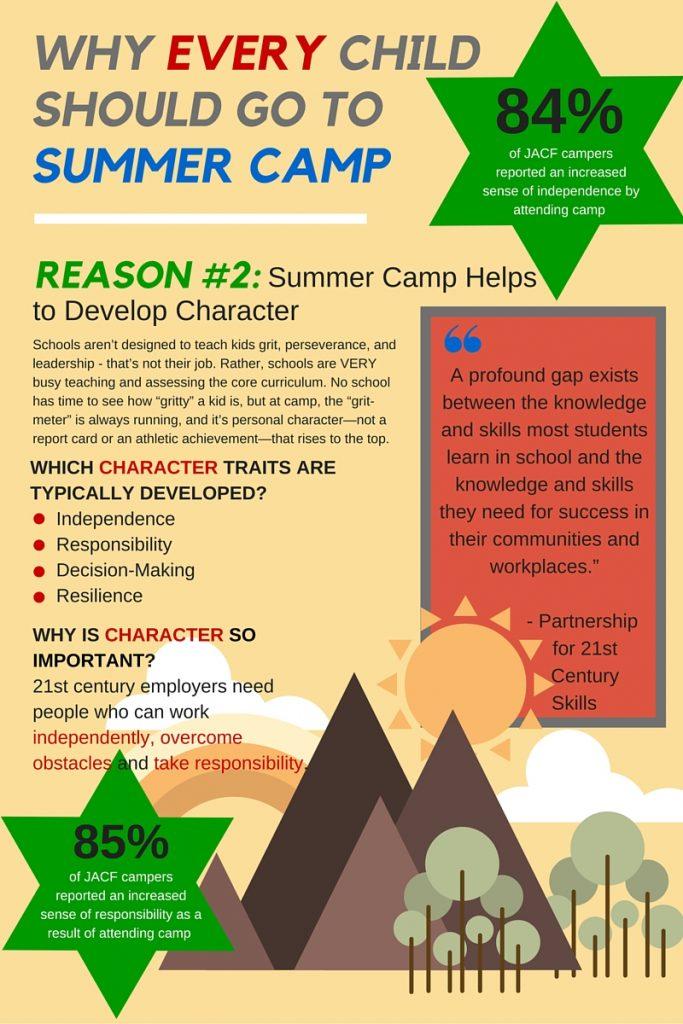 References:
References:
